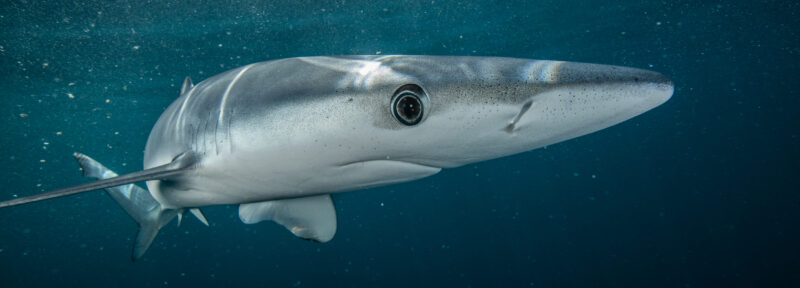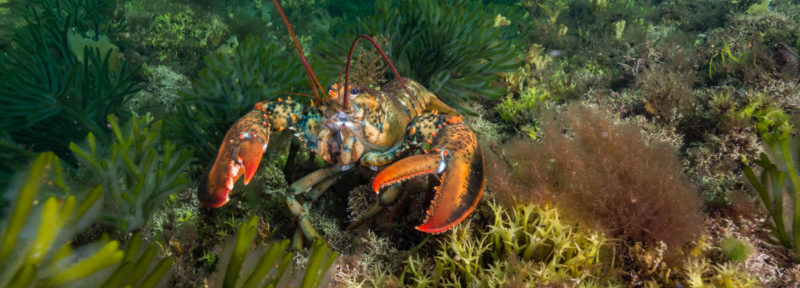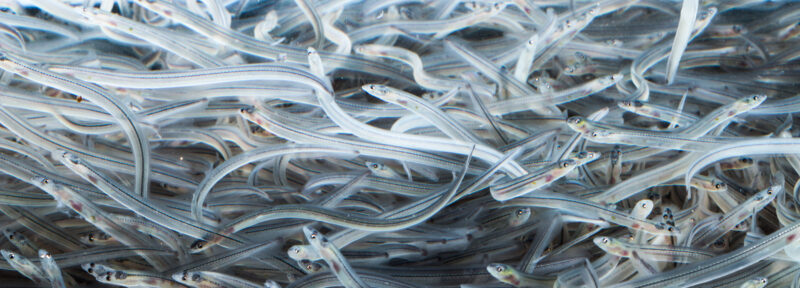International Fisheries Organization Agrees to Further Ecosystem Protections and Climate Considerations
VIGO—The 45th meeting of the Northwest Atlantic Fisheries Organization (NAFO) concluded today in Spain with some important steps forward for conservation.
The parties agreed to extend the closures on fishing within several vulnerable marine ecosystem areas until 2026. NAFO also agreed—for the first time, and co-sponsored by Canada—on a resolution to address the impacts of climate change on fisheries, as well as to expand the work on developing precautionary and ecosystem approaches to fisheries management.
“After a summer of the warmest-ever temperatures in the North Atlantic, it was more important than ever that NAFO move to address the impacts of climate change on fisheries,” says Katie Schleit, Fisheries Director at Oceans North, who attended the meeting as a member of the Canadian delegation. “Managing these big, complex changes starts with following science advice, especially as we get more information.”
NAFO—an international organization made up of 13 parties including Canada, the United States and the European Union—manages fisheries in nearly 3 million square kilometres of ocean. Over the past decade, NAFO has protected significant amounts of coral and sponge habitat. It is also the first international fisheries management organization to protect all seamount and related features in its regulatory area. This year, NAFO agreed to submit the seamount closure areas and six sponge fishery closures for inclusion in the World Database on Other Effective Area-Based Conservation Measures.
“Getting these sites internationally designated showcases their importance for biodiversity protection and ensures the long-term durability of NAFO’s conservation measures,” explains Susanna Fuller, Vice President of Conservation and Programs at Oceans North. “The timing of NAFO’s decision in advancing these areas for international recognition is important, given the signing of the High Seas Biodiversity Treaty occurring at the United Nations this week. Tackling the twin crises of biodiversity loss and climate change will require actions like these by governments within and outside of national waters.”
For more information, please contact:
Alex Tesar
Communications Manager, Oceans North
[email protected]
Katie Schleit
Fisheries Director, Oceans North
[email protected]



